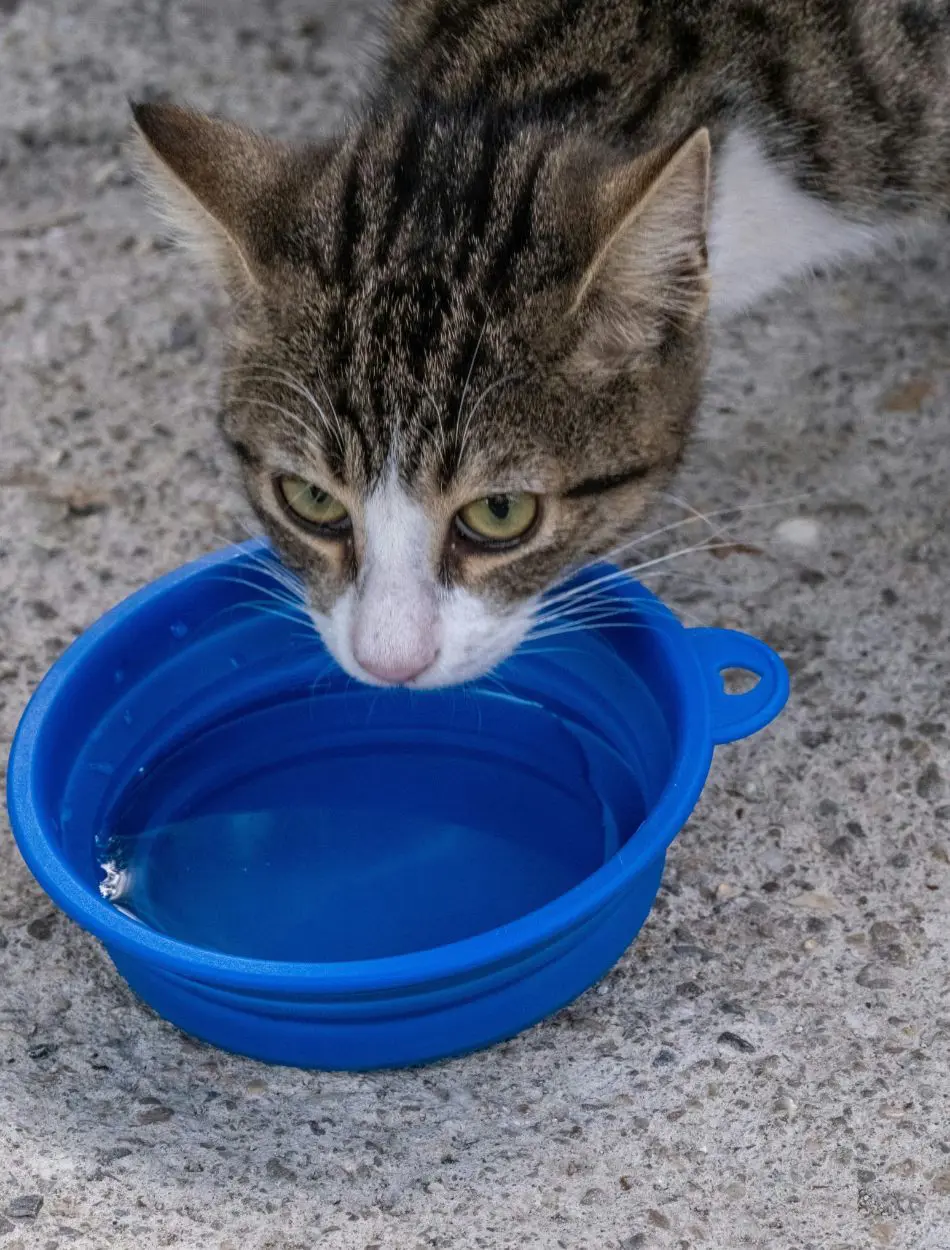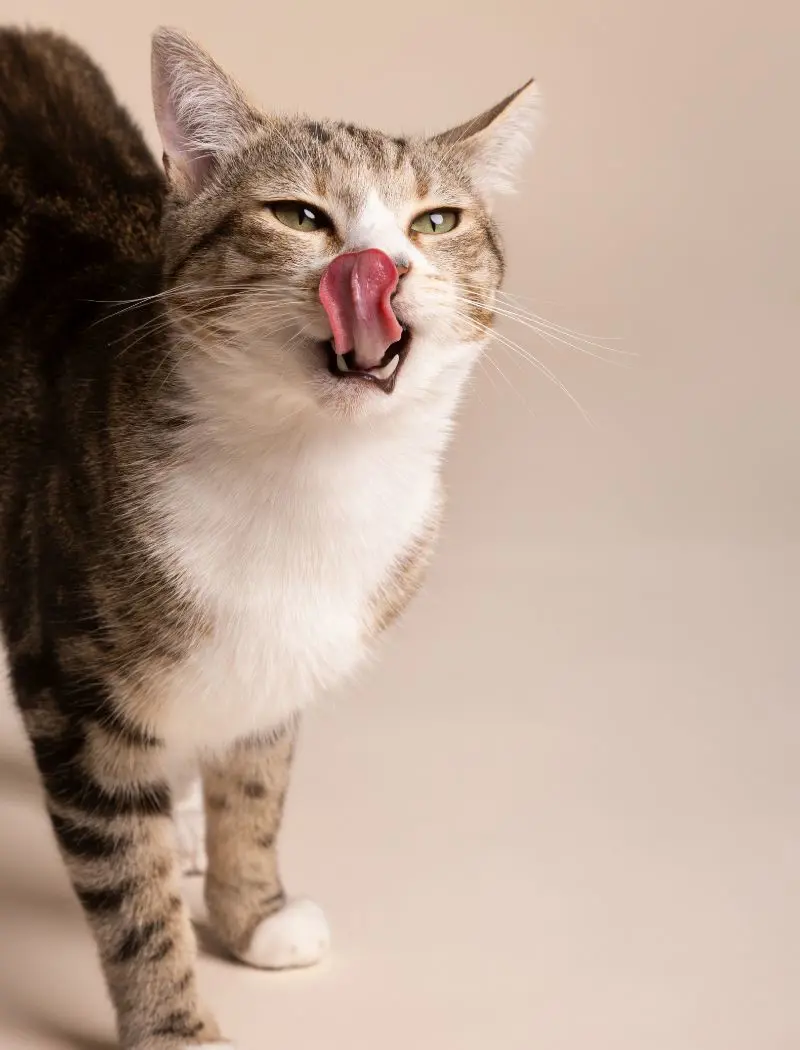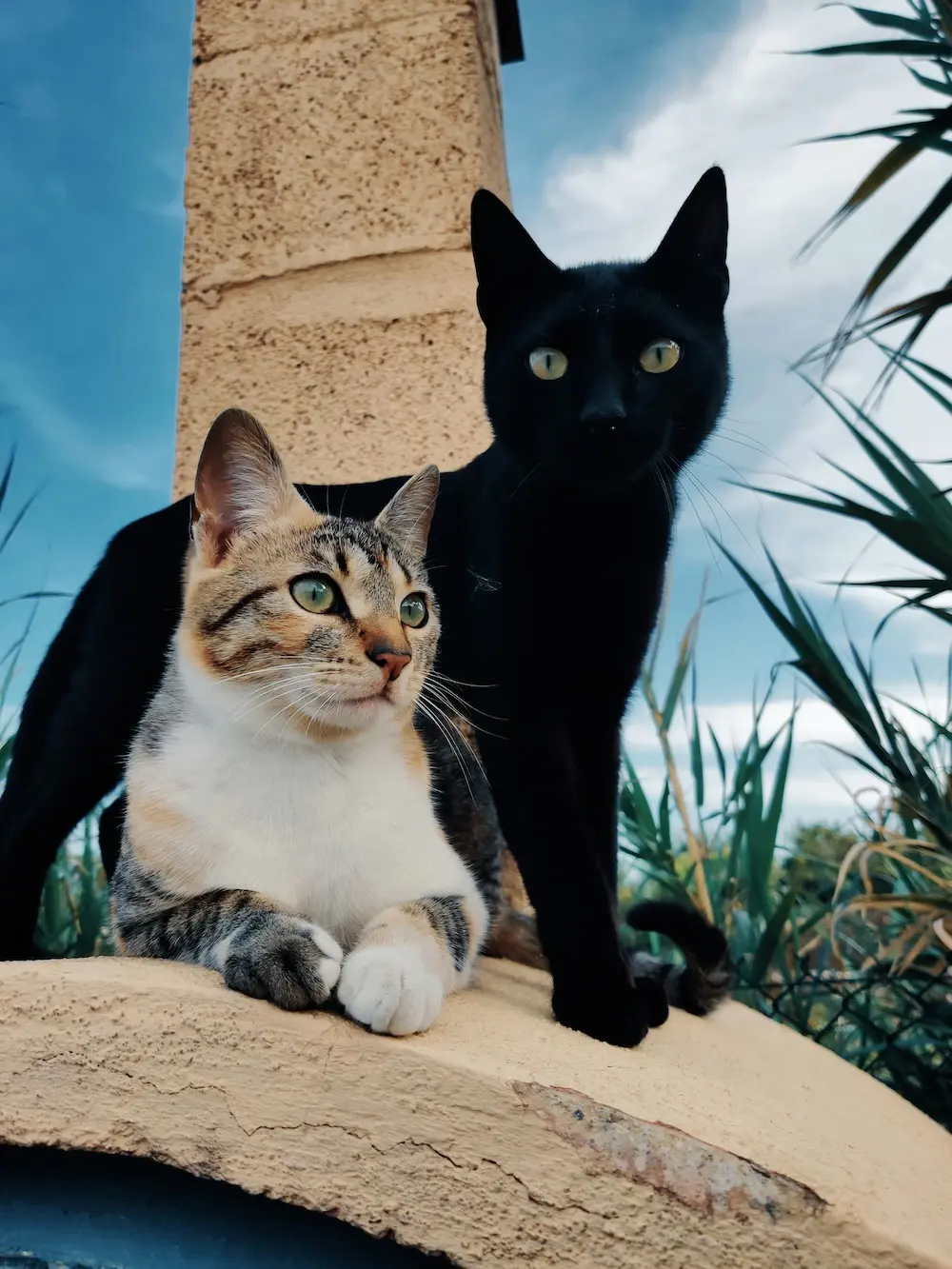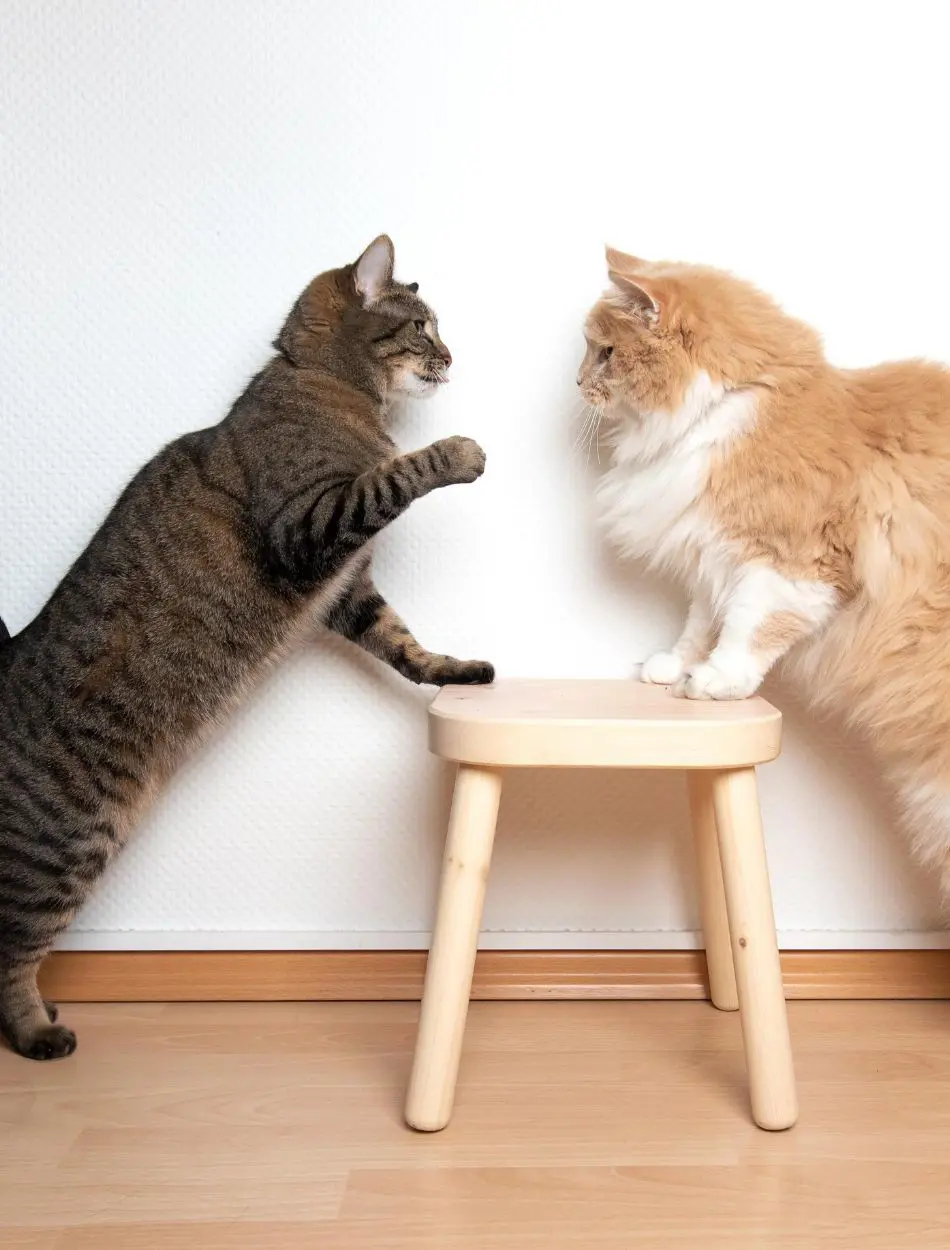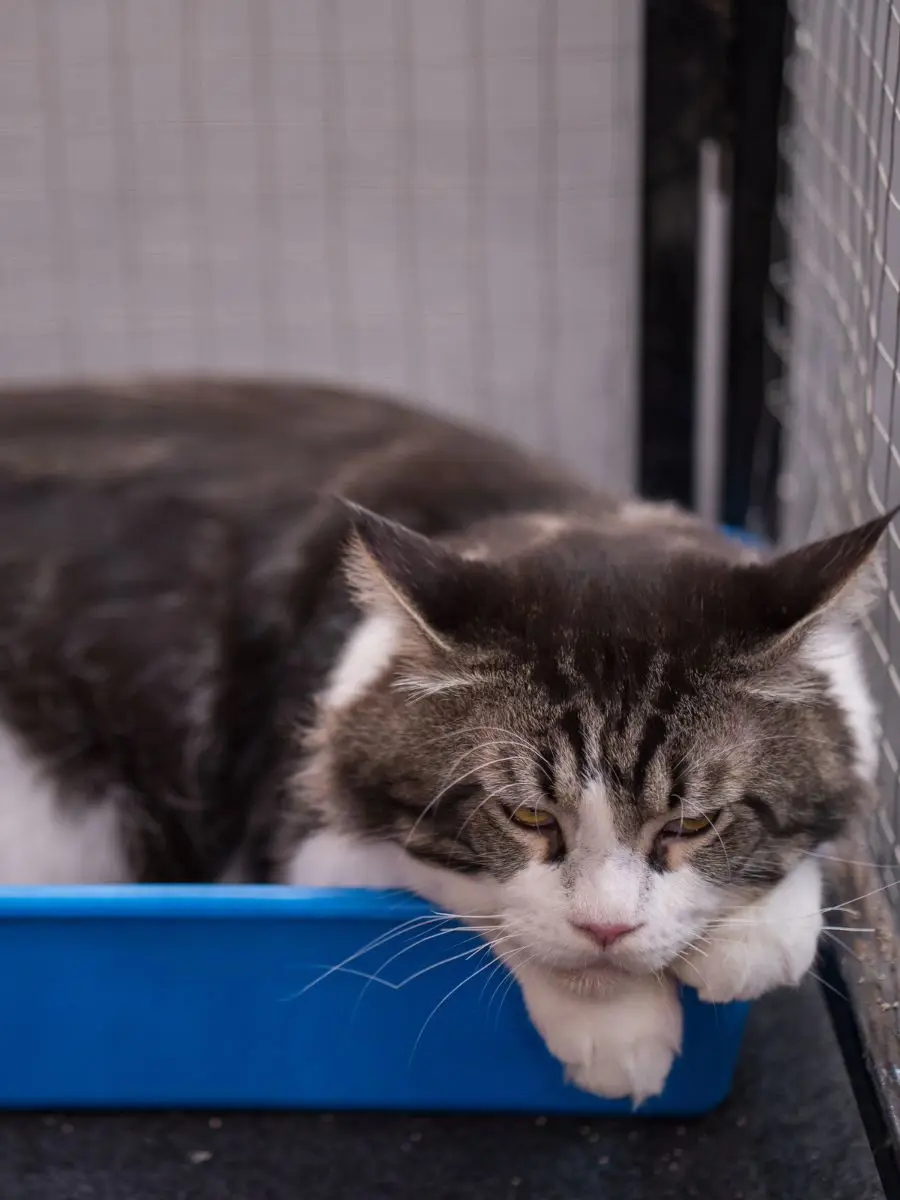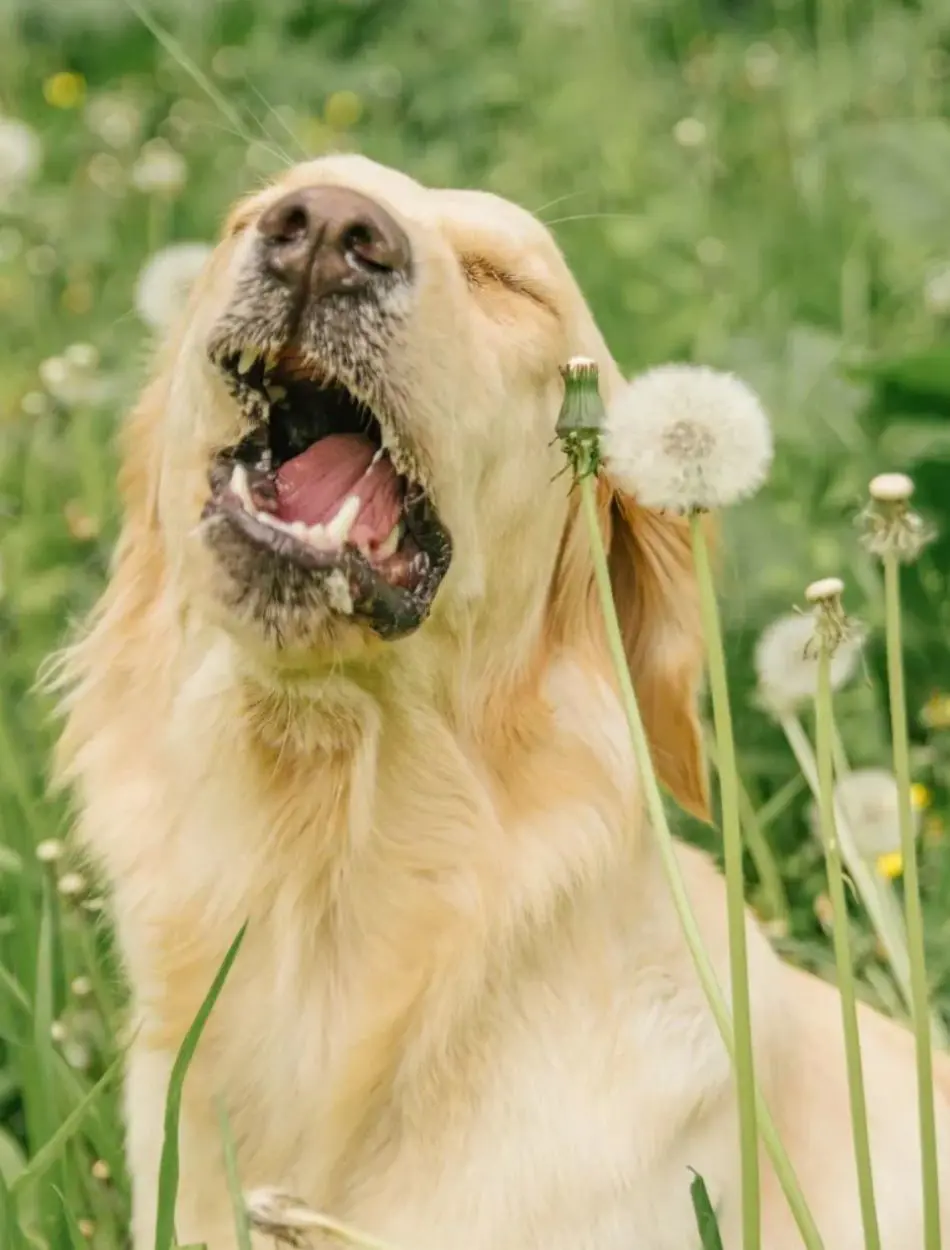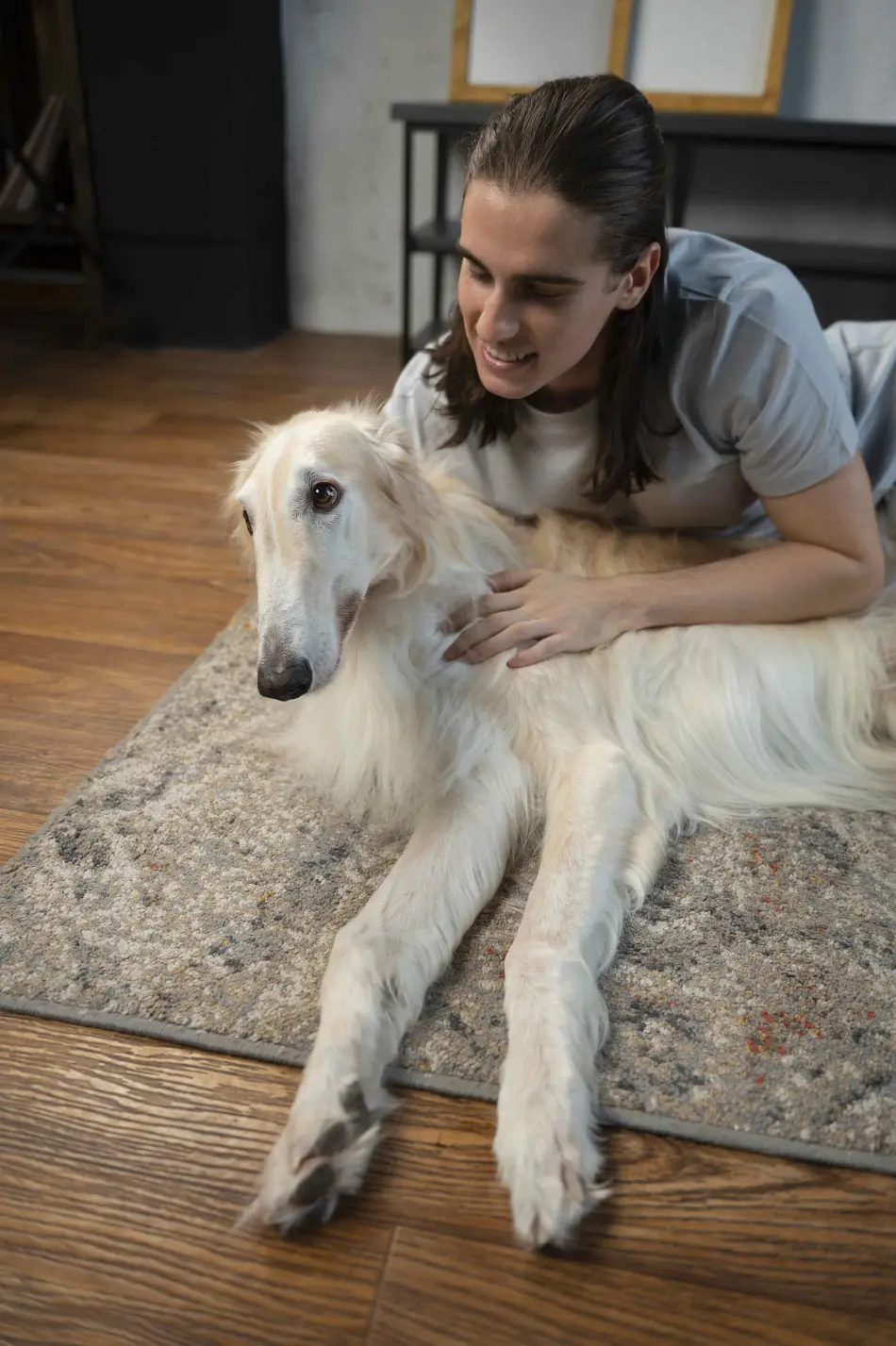17 Common Causes Of Cat Sneezing
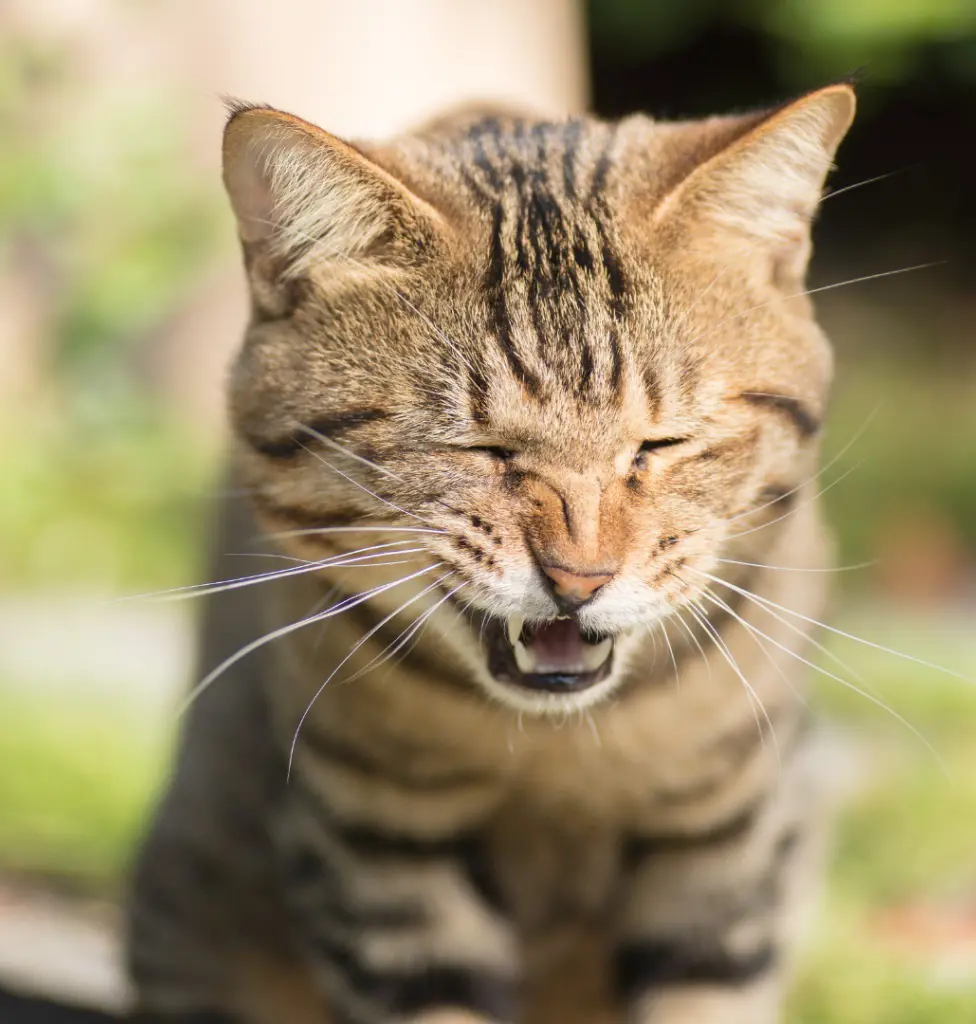
While your cat's occasional sneezes are a natural reflex to get rid of irritations, regular sneezes need further examination. Upper respiratory infections, which are comparable to the common cold in humans, are one of the frequent causes.
These infections, which frequently go viral, can irritate and inflame the nasal passages, which can result in sneezing. Another cause of sneezing is irritations that are inhaled, such as pollen, smoke, or dust.
Allergies, foreign items stuck in the nose, and dental problems that induce nasal discharge are also some of the reasons.
1. Dust
If your indoor cat keeps sneezing frequently, it is caused by dust particles. These microscopic particles are easily airborne and can irritate a cat's nasal passages. In the house, dust can gather on furniture, carpets, and drapes, among other surfaces.
Vacuuming and cleaning your home regularly might help lower the dust in it. Thus, dust particles can be eliminated from the air by employing air purifiers, giving your cat a cleaner environment.
To reduce exposure and stop sneezing, it's critical to regularly dust and clean the areas where your cat spends most of its time.
2. Mold
Cats who breathe in mold spores may sneeze uncontrollably, just like when dust irritates their nasal passages. Bathrooms, basements, and kitchens are frequent places to find mold because they grow well in these types of conditions.
When breathed, these tiny spores can irritate your cat's nose's sensitive lining, causing irritation and sneezing. Make sure there is enough air throughout your house to avoid mold growth and safeguard the respiratory health of your kitty friend.
Any moisture problems, including leaky pipes or condensation buildup, should be addressed right away. It's crucial to clean mold-prone areas regularly, such as under sinks and behind appliances. Furthermore, dehumidifiers can greatly lower the amount of mold spores in the air in moist locations.
3. Perfumes
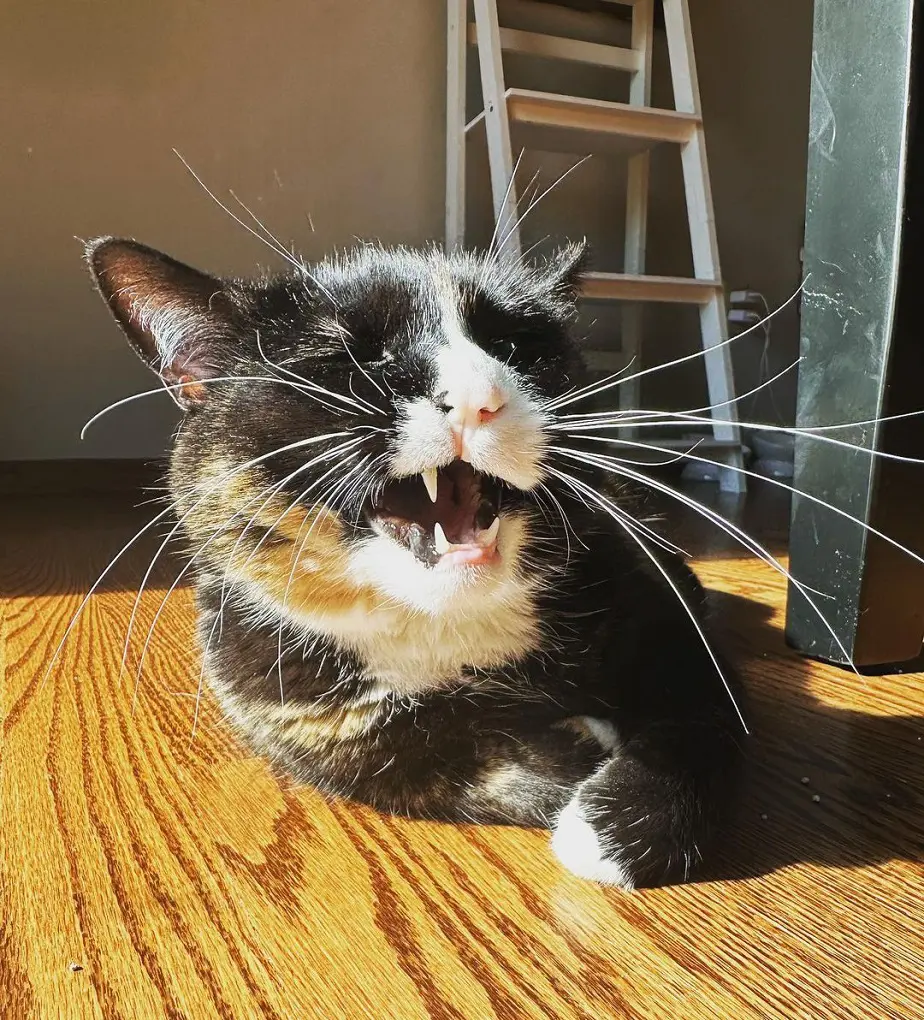
The sense of smell that cats possess is significantly more sensitive than humans, so a scent that we find pleasing may be overwhelming and annoying to their sensitive nasal passages. Strong scents, such as those in scented candles, air fresheners, and perfumes, might cause cats to sneeze.
This is due to an extreme concentration of odor molecules overwhelming their nose's olfactory receptors. These receptors communicate with the brain to cause a sneeze, which is the body's natural defense mechanism to get rid of the irritant and start breathing normally again.
It's crucial to give your kitty a scent-sensitive environment to avoid this discomfort. Strong-smelling products should not be used in areas where your cat spends a lot of time. Whenever feasible, choose products that are safe for pets or those without aroma.
4. Cat Litter Dust
Cat litter dust may be the unidentified cause of your cat's frequent sneeze. Particles of tiny dust are propelled into the air by the meticulous digging and moving of cats in their litter box. Their sensitive nasal passageways are penetrated by these minute irritants, which causes the sneeze reflex.
Your cat's natural defense mechanism is restoring clear breathing with this reaction, just as how humans sneeze to get rid of dust or allergies. Give low-dust or dust-free litter options priority to reduce dust-induced sneezes. Dust accumulation is further reduced by routinely cleaning litter boxes and sweeping the area.
If you want to physically contain the dust cloud produced during excavation, think about utilizing a covered litter box. Lastly, placing the litter box in a well-ventilated area will help your beloved kitty buddy breathe in a healthier environment by encouraging airflow and dispersing any remaining dust particles.
5. Air Fresheners
Our cats have much more sense of smell than we have. For their delicate nasal passages, what we may find to be a nice air freshener may be an overwhelming and annoying attack. Cats may sneeze because of the chemicals in numerous air fresheners, such as sprays, plug-ins, and scented candles.
Your cat is using its natural defensive mechanism to sneeze to clear the air and breathe again. Just as people might wipe their runny noses, sneezing helps to unclog nasal passages and ease discomfort.
Sneezing once in a while is normal, but regular sneezing or sneezing along with drainage from the nose or eyes may be signs of a more serious reaction.
6. Seasonal Allergies
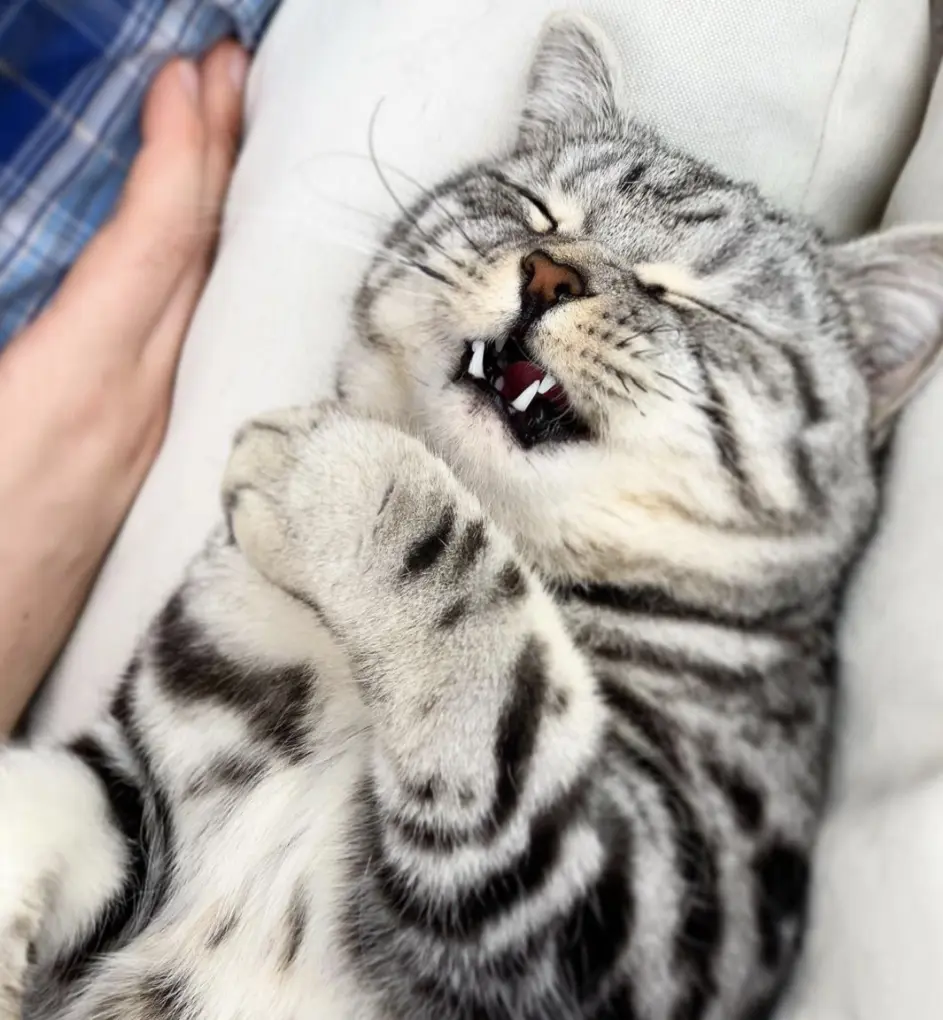
Similar to people, cats may experience seasonal allergies, which can cause sneezing and other respiratory symptoms. Pollen from grass, trees, and weeds can become airborne and inhaled by your cat, causing these allergies.
Your cat's immune system responds by sneezing, producing nasal discharge, and occasionally watery or itchy eyes. It's crucial to keep an eye on when your cat exhibits symptoms to determine whether they coincide with particular seasons.
Your cat's pain can be reduced by keeping windows closed, using air purifiers, and routinely cleaning your home to minimize exposure to allergens. Antihistamines and other treatments for severe allergic reactions may also be used after speaking with a veterinarian.
7. Cold Weather
Cat sneezing can be exacerbated by cold weather because it dries out their nasal passages and respiratory tracts. A cat may sneeze as a response to get rid of irritants in their nose when the air is cold because it can irritate the delicate lining of their nose.
To make matters worse, using interior heating during the winter can further dry out the air. Make sure your cat has a warm, humid atmosphere to aid them.
Maintaining proper moisture levels in your home with a humidifier helps keep your nasal passages from getting too dry. To shield your cat from abrupt temperature swings, it's also a good idea to keep them inside during extremely cold weather.
8. Foreign Objects in the Nose
Unintentionally putting grass, dust, or other microscopic particles inside a cat's nose can cause irritation and sneezing as the body tries to remove foreign substances. The condition frequently causes abrupt, frequent sneezing, which may be followed by nasal discharge or facial pawing.
You should keep a tight eye on your cat if you think it has something stuck in its nose. While some foreign items can be spontaneously removed by sneezing, a trip to the veterinarian is necessary if symptoms persist or the animal appears to be in distress.
The veterinarian can carefully remove the item and examine it for any possible infections or harm that may have resulted from it.
9. New Carpets or Furniture
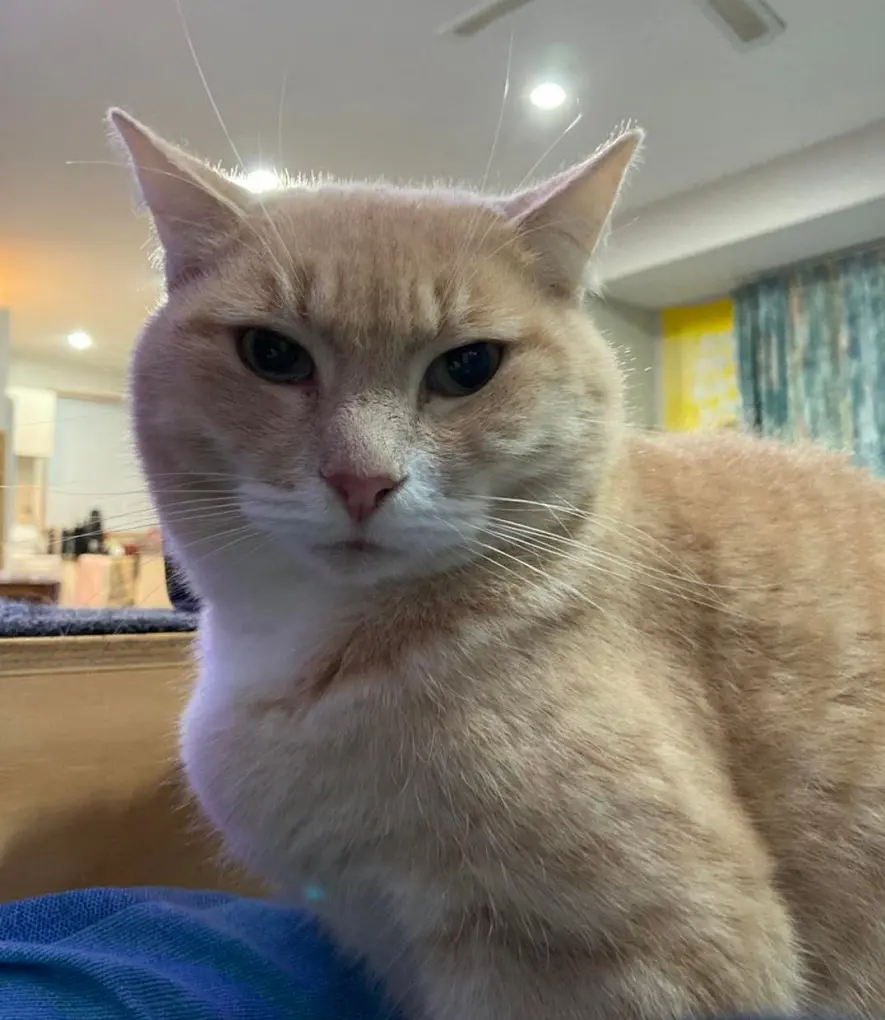
Your cat may sneeze when you bring in new furniture or rugs because these objects release dust, fibers, or chemicals that might irritate their respiratory system. Volatile organic compounds (VOCs) and other materials found in carpets and furniture might aggravate a cat's delicate respiratory system.
Moreover, dust and other particles may be stirred up during the installation of new carpets. Make sure there is enough ventilation by opening windows and utilizing fans to disperse any airborne irritants to reduce these effects.
Dust and loose fibers can also be removed by carefully vacuuming new carpets and cleaning recently purchased furniture. It could be essential to see a veterinarian if sneezing doesn't go away to rule out any allergic responses or respiratory problems.
10. Viral Infections
Viral infections, a frequent cause of respiratory problems in cats, are frequently linked to kitten sneezing. Feline FCV and the feline FHV are the most common viruses. Cats are particularly susceptible to contracting these infections from one another in multiple cat homes or shelters.
Beyond just sneezing, viral infections can also cause fever, runny nose, watery eyes, and coughing. Veterinary care and early detection are essential.
Since medications are useless against viruses, supportive care is usually the mainstay of treatment, helping the cat's immune system function at its peak. Vaccinating your cat against these viruses can drastically lower the likelihood of infection.
11. Mites
Sneezing repeatedly can be a symptom of a feline mite infection. Cats' nasal passages become irritated by these minute parasites, which trigger the ejection reflex. Although they are usually restricted to the ear canal, ear mites can move and cause respiratory problems.
Frequent episodes of sneezing, shaking of the head, facial scratching, and nasal discharge are indications that the condition is caused by mites. Physical examination and microscopic study are part of the veterinary diagnostic process.
Anti-parasitic meds supplied by a veterinarian are how the mites are eradicated. Cats who follow normal preventive measures, such as keeping their environment clean and scheduling regular check-ups, have a far lower chance of developing mite infestations.
12. Hairballs
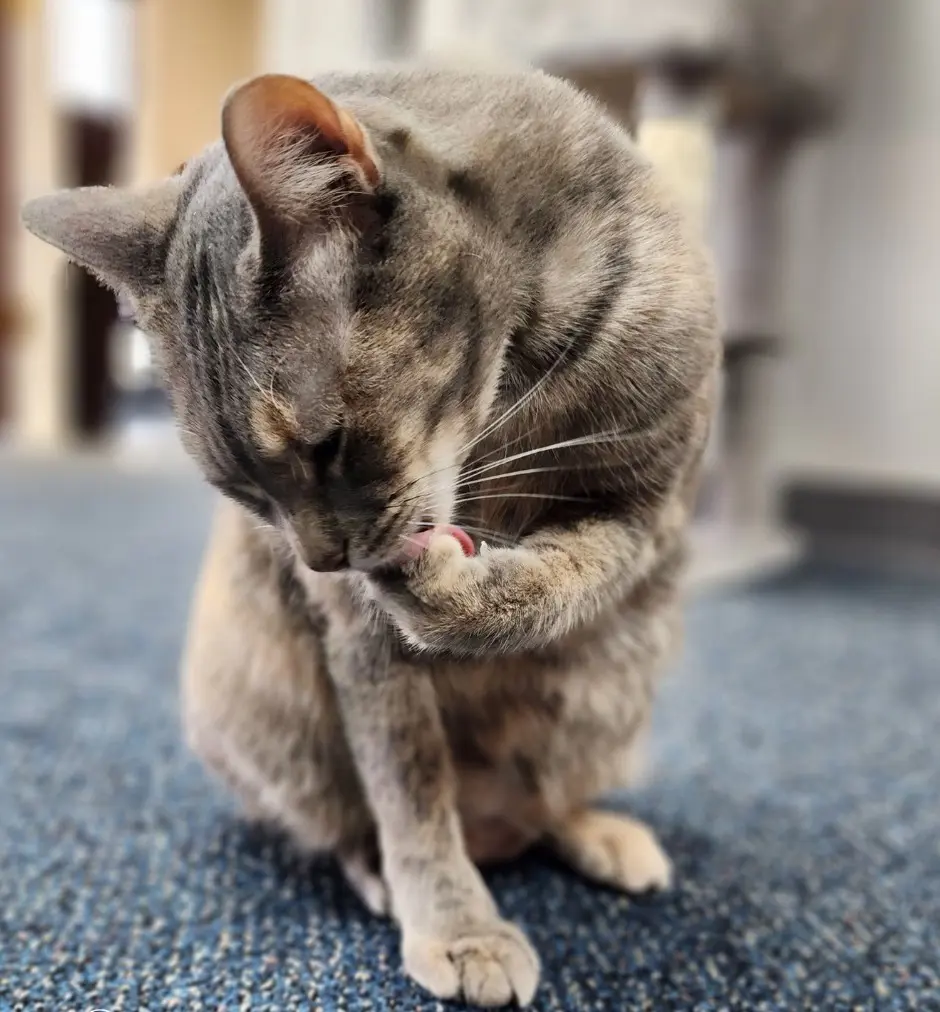
Hairballs are a common result of cats' innate grooming behaviors, particularly in long-haired varieties. Cats eat loose fur, which builds up in their intestines, while they carefully groom themselves. The fur may eventually bundle up into hairballs.
At times, the cat may sneeze due to irritation of the nasal or throat passages caused by these hairballs. A cat trying to get rid of a hairball may cough, gag, or retch. These are the more obvious symptoms of a hairball. Fortunately, there are steps you may take to reduce the likelihood of developing hairballs.
By grooming your cat, you can help prevent loose fur from being consumed. Diets designed to reduce hairballs and increase intestinal transit time have been developed with greater fiber content. In extreme situations, your vet could suggest laxatives or other measures to help your cat pass a hairball more easily.
13. Dental Problems
Feline dental disease is a frequently unidentified culprit behind excessive sneezing in cats. Dental abscesses, gingivitis, and periodontal disease can cause inflammation and infection that directly impact the nasal passages due to their close anatomical proximity.
In addition to sneezing, cats with dental issues may exhibit signs like halitosis (bad breath), drooling, difficulties while eating, and pawing at their mouth. Regular veterinary dental examinations and proper oral hygiene routines are crucial for preventing dental disease.
Treatment for sneezing related to dental problems involves addressing the underlying causes, which may encompass tooth extraction, antibiotic therapy for infections, and professional dental cleaning. By prioritizing your cat's oral health, you can significantly reduce the likelihood of sneezing caused by dental complications.
14. Injury To The Nose
Frequent sneezing is a sign of rhinitis, or inflammation of the nasal passages, in cats. This symptom is frequently caused by trauma or play battles with other animals that injure the sensitive nose area, as well as by rough handling and unintentional harm.
When the delicate tissues of the nose are disturbed, it causes inflammation and irritation, which sets off the body's natural reaction to sneeze out the perceived irritant. In addition to sneezing, there may be other symptoms such as nasal discharge, edema, or obvious nose sores.
It takes careful monitoring to spot your cat exhibiting symptoms of pain or discomfort. Seeking the advice of a vet is crucial if the injury is severe or does not heal quickly. Prompt medical attention can help avoid problems like infections and hasten the cat's recovery.
15. Reaction to Medication
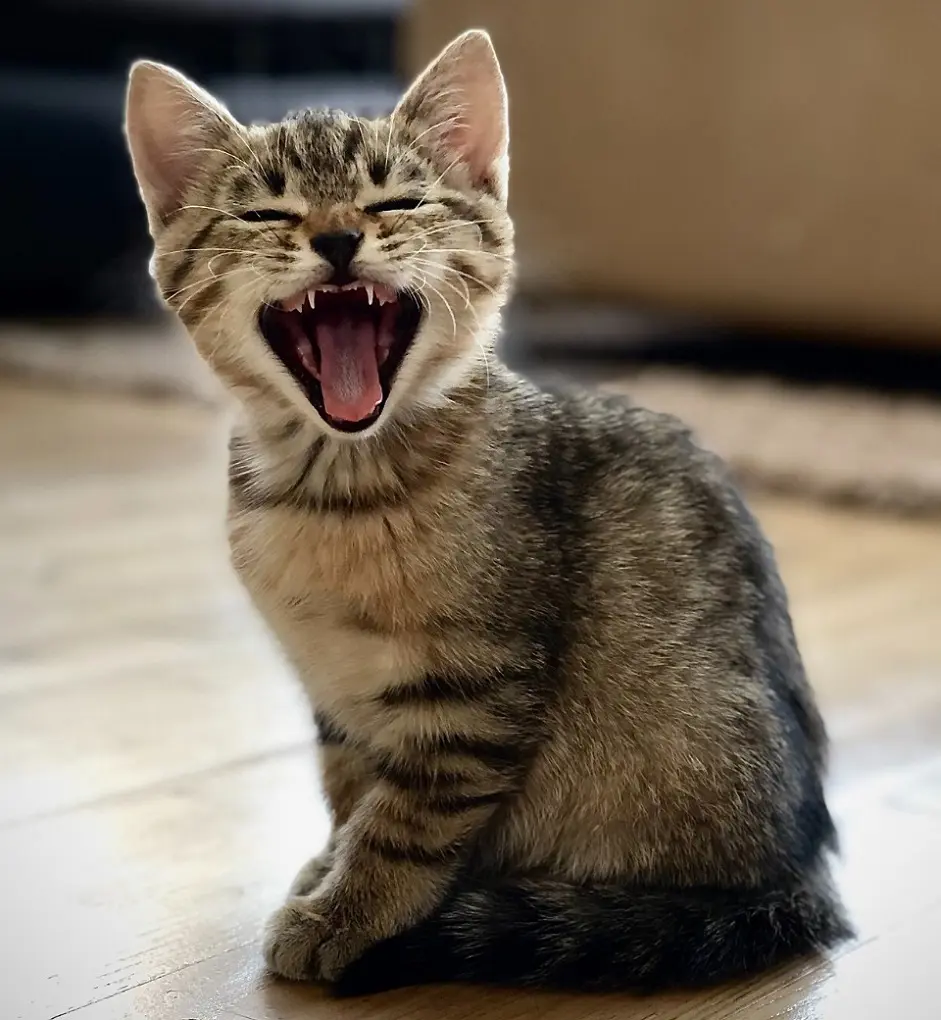
The cat sneezes all the time while taking specific meds. It is a side effect of several medications that can irritate the nasal passages or cause allergic reactions. This is true for meds that are ingested or applied close to the nose. Increased sneezing, nasal discharge, or other discomfort are possible symptoms.
It is imperative to see a veterinarian if a cat starts to sneeze after taking a new medication. To relieve the symptoms, the veterinarian could change the medication's dosage, give an alternative, or administer extra care.
Ensuring the safety and well-being of the cat during therapy involves regularly monitoring them for any adverse responses. While a cat is taking medication, prompt care for any bad reactions helps prevent future complications and guarantees the cat's general health is safeguarded.
16. Smoke
Another common cause of cat sneezing is smoke exposure. Smoke, whether from cooking, cigars, fireplaces, or cigarettes, contains a variety of irritating substances and dangerous particles that can hurt a cat's delicate respiratory system.
Sneezing can occur when inhaled smoke irritates the nasal passages, causing the body to attempt to rid itself of the foreign particles. Asthma or chronic bronchitis are two more severe respiratory conditions that can result from prolonged smoking exposure.
It's critical to keep cats out of smoke-filled places and to make sure areas with potential smoke exposure have enough ventilation. It is advisable to take a cat to the vet to check for any potential respiratory injury and to obtain proper therapy if the cat is exposed to smoke and starts sneezing frequently.
17. Environmental Changes
Cats are sensitive creatures, and even subtle changes in their surroundings can affect their health. Variations in temperature, humidity, or air quality can irritate a cat’s nasal passages, leading to sneezing.
Moving to a new environment or introducing new household items, like furniture or carpets, can expose a cat to different allergens or irritants. Even the introduction of new plants or the use of air fresheners and cleaning products can trigger sneezing if the cat is sensitive to these new stimuli.
Recent posts
Cats
Why Is My Cat Not Drinking Water
Cats are notoriously finicky when it comes to water consumption, and it's natural to worry if your canine companion isn't drinking as much as you expect. From environmental preference to a simple behavioral quirk, many factors can contribute to the c...
Why Is My Cat Nose Wet?
If you have a pet cat, you might have noticed their wet nose and wondered why my cat's nose is wet. Does a cat's wet nose signify something or is it very normal? these questions might have popped up in your head at least once. It is normal for ...
18 Reasons Why Your Cat Is Snoring
While it may seem cute or amusing, snoring in cats can also be an indication of several underlying health problems that pet owners need to know about. Some light snoring is typical for certain cats, however steady or noisy wheezing could demonstrate ...
15 Hypoallergenic Cat Breeds
People are often more allergic to cats than to dogs. Unlike dogs, cat allergies are caused by the proteins found in their saliva, skin, and dander rather than fur. All cats inherently produce allergens, so no cat is truly hypoallergenic. However, som...
15 Ways To Introduce Your Cats Properly
Adding another cat to your household can be a whole excitement, but it may also become an anxiety-ridden experience, especially if you already have another feline companion in the house. Cats are territorial by nature, and being prematurely introduce...
How To Clean Cat Litter Box
Keeping your cat's litter box clean is essential for their health and your home’s hygiene. A well-maintained litter box not only ensures a pleasant environment but also encourages your cat to use it regularly. Regular cleaning of the litter box...
